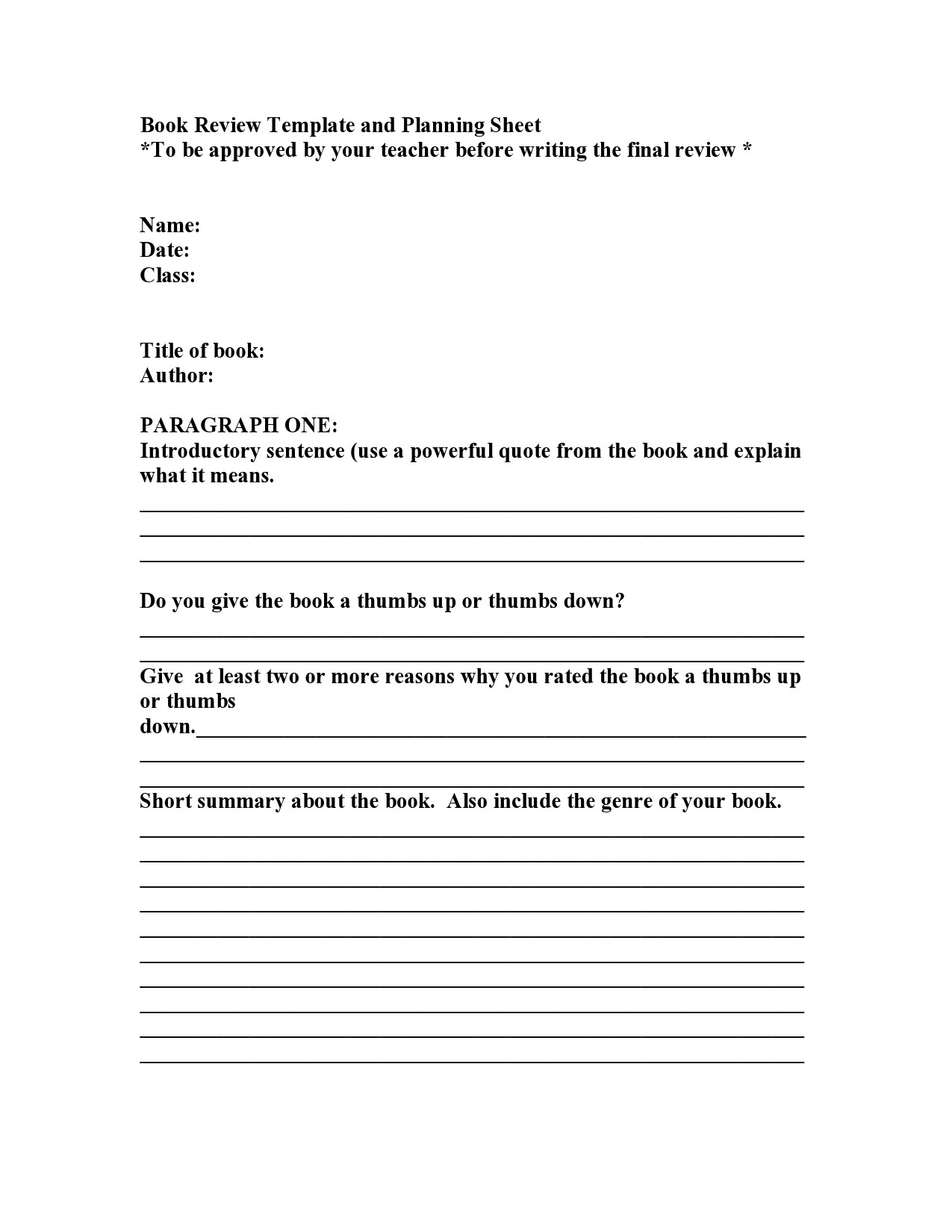1. "The Great Gatsby" by F. Scott Fitzgerald
Set in the roaring 1920s, "The Great Gatsby" is a classic American novel that explores themes of love, wealth, and the American Dream. The story follows Jay Gatsby, a mysterious and wealthy man who throws extravagant parties in the hope of winning back his lost love, Daisy Buchanan. As the novel unfolds, we see the destructive effects of wealth and ambition, and the tragic consequences of Gatsby's pursuit of the unattainable. Fitzgerald's writing is elegant and evocative, painting a vivid picture of the Jazz Age and capturing the spirit of the time. A timeless masterpiece that continues to resonate with readers today.
2. "The Catcher in the Rye" by J.D. Salinger
"The Catcher in the Rye" is a coming-of-age novel that follows the rebellious teenager Holden Caulfield as he navigates the complexities of adolescence and society. Through Holden's eyes, we see the hypocrisy and phoniness of the adult world, as well as his struggles with identity, belonging, and loss. Salinger's prose is sharp and insightful, capturing the angst and confusion of youth with honesty and wit. A poignant and thought-provoking read that continues to be a favorite among readers of all ages.
3. "To Kill a Mockingbird" by Harper Lee
"To Kill a Mockingbird" is a powerful and poignant novel that tackles themes of racism, injustice, and morality in the American South. Set in the 1930s, the story follows young Scout Finch as she learns about the complexities of the world around her, particularly through her father, Atticus, a lawyer who defends a black man accused of raping a white woman. Through Scout's innocent perspective, we see the ugliness of prejudice and the importance of empathy and compassion. Harper Lee's writing is lyrical and moving, capturing the essence of a turbulent time in American history. A timeless classic that continues to provoke thought and discussion.

